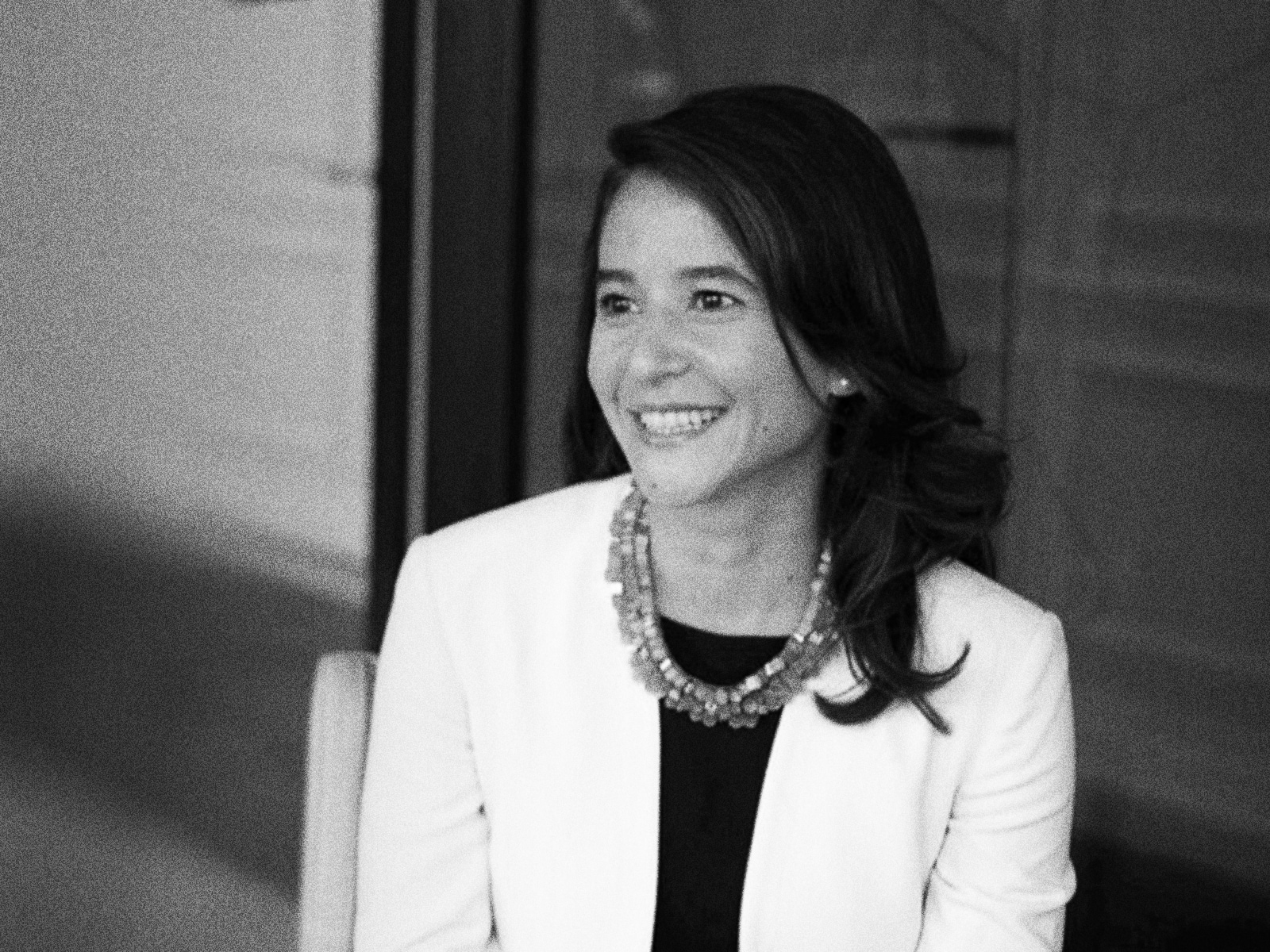Gabriela Santos is a managing director and global market strategist at JPMorgan, where her research on global economies has played a key role in the bank’s development of Chinese and Latin American market analysis. In this conversation, Santos delivers incisive insights on shifting market dynamics.
LISTEN TO THE INTERVIEW:
A frequent contributor to major financial publications like CNBC and Bloomberg, Gabriela Santos says investors should re-engineer their portfolios in light of the rising cost of money. In the most recent episode of Opto Sessions, she explores how investors can sift through the growth wreckage of 2022 to unearth real value in changing market dynamics, as well as five secular shifts investors can look to for thematic focus.
Santos grew up in Brazil, and later studied philosophy, political science and economics at the University of Pennsylvania, where she graduated summa cum laude. To this day, she remains a student of markets, rising early in the morning to catch up on what happened overnight, and take in the latest research.
Before coming to JPMorgan in 2012, Santos spent three years at HSBC, rotating between positions in Singapore, Switzerland and Mexico, gaining experience in banking, trading and credit.
One of her proudest accomplishments in her career so far has been launching JPMorgan’s Guide to China report, for which she works alongside local team members in Shanghai and Hong Kong to integrate local knowledge into a foreign context.
The return to a cost of money
When it comes to what lies ahead in 2023, Santos believes rates could stay high for long enough to create a new market dynamic – or rather, to return to an old one.
For the last 15 years, global interest rates have been at zero or less, but now we’re coming back “to the old normal, where there is a cost of money”. In light of that, investors need to alter their approach.
“It's a return to active management.”
Specifically, it’s time to “think very carefully about valuations again”.
Santos estimates that rates will continue rising through March before beginning a gradual decline, but will likely stay above 2% through 2025.
Last year was the “first time that both stocks and bonds were down since 1974”, but at JPMorgan most portfolio managers are actually excited for a return to the cost of money, and to an older approach to investing, whereby valuations, fundamental analysis and compensation for risk all regain importance: “It's a return to active management.”
Secular shifts and thematic exposure
That said, Santos does still see potential for the “growth style of investing”, that is, investing in companies who haven’t yet turned a profit. However, they may face higher pressure to shrink costs and generate profit in the near term.
In terms of thematic investing, Santos recommends a close observation of five sociological or ‘secular’ shifts and how they foreground certain themes.
One such is the way that working from home drives the need for cloud computing and cybersecurity. Another key shift is the aging of the global population, which should drive healthcare and health services.
Elsewhere, increasing digital adoption is driving demand for semiconductors and all that goes into their manufacture, like nickel and lithium.
A secular trend in the energy sector that will have an impact is the increasing need to balance self-sufficiency in traditional forms of energy with a continuing push into renewables. Lastly, a crucial secular shift is the emergence of a middle class in Asian markets such as China, India and south-east Asia.
For more ways to listen:
Listen to the full interview and explore our past episodes on Opto Sessions. You can also check out all our episodes via our YouTube Channel.
Continue reading for FREE
- Includes free newsletter updates, unsubscribe anytime. Privacy policy


